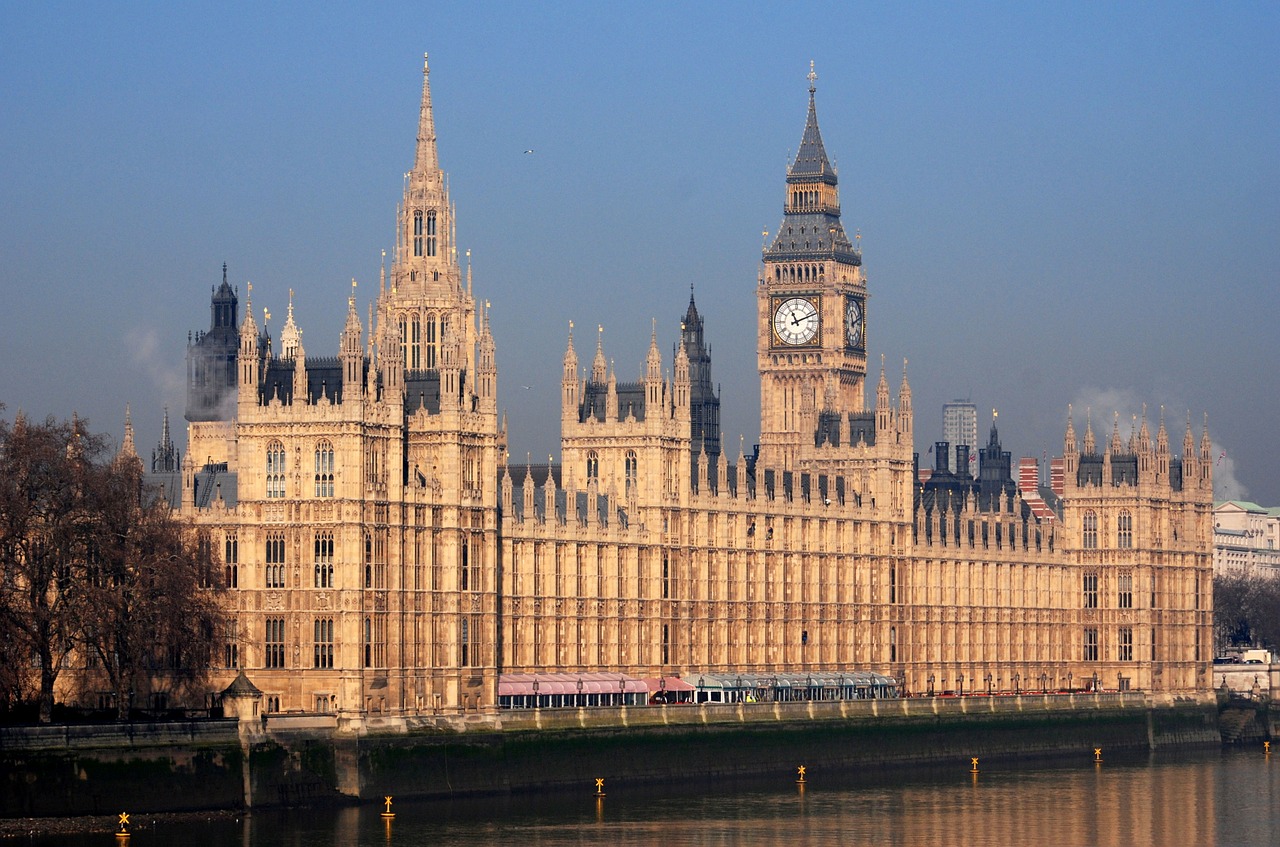
Jeremy Clarkson, who was publicly removed from his role as controversial Top Gear presenter by the BBC in March, is making the papers again this week as a result of his high profile sacking.
Over the past few days, Clarkson’s name has been splashed across the headlines as it’s come to light that he may not be able to host a car show on a UK channel for a period of two years as a result of a term in his contract.
But can employers legally prevent their ex-employees from working for a competitor? And if so, how do they go about enforcing it?
Restrictive Covenants
Clauses such as the one mentioned above are actually common in modern employment contracts, and are referred to as Restrictive Covenants.
Restrictive Covenants are considered vital in business, and are implemented in order to protect a business’ interests. However, it’s important to note that they strictly cannot go any further than is necessary to protect said interests.
In England and Wales, courts are very strict when an employer is seeking to enforce a restrictive covenant, particularly as these clauses can restrict an individual’s chance of finding alternative employment and can be seen as a restraint of trade. More...

South Wales enjoyed temperatures of over 26° last week, and saw thousands of residents packing up their beach bags and heading to the coast to enjoy the seasonable sunshine. Countless were left behind, however, as workers had to go about their daily business regardless of the beautiful weather, many of whom were in business attire that was less than heatwave friendly.
The Howells Solicitors team were lucky enough to cool off at Joe’s Ice Cream once or twice during the hot spell, and of course had our office fans amped up to the highest setting, but many employees across South Wales weren’t as fortunate, having to withstand soaring temperatures without any extra help.
But what are the laws regarding making employees work in extreme heat? Can employees be forced to work in certain temperatures? And is it possible to manage staff effectively in these conditions? Although this week’s weather isn’t quite as pleasant as last’s, the Met Office has warned that late July could see temperatures hit highs of 39°C, so businesses really do need to be prepared. More...

The case of Begum v Pedagogy Auras UK Limited, which was heard by the Employment Appeal Tribunal recently, has acted as a stark reminder that employers should be cautious when implementing dress codes, particularly when it could impact upon an employee’s religion or belief.
In the wake of this case, we've taken a look at its implications as well as those of implementing a dress code in the workplace. How should an employer decide what is appropriate attire for the workplace? And more importantly, how should they act if there is a concern that it constitutes discrimination?
Howells Solicitors offers a brief guide to help employers get it right.
Begum v Pedagogy Aurus UK Limited
The case mentioned above involved Ms Begum, a devout Muslim, whose religion required her to wear a jilbab (a long, loose fitted garment). When applying for a role at Pedagogy, a day nursery in Essex, Ms Begum undertook a half-day trial and was interviewed by the managing director, wearing her jilbab throughout. She was then offered an apprenticeship.More...

With the General Election looming, office chat can often take a decidedly more political route than usual. However, whilst there’s nothing wrong with a good natured airing of opinion, there are instances when demonstrations of political allegiances are best left for outside of office hours.
Is it OK for an employee to display their party colours by wearing a politically endorsed t-shirt or badge to work? And what about displaying a party banner at their workstation? Can an employer prohibit these types of activities? Our Head of Employment Law at Howells Solicitors explains the dos and don’ts.
Politics in the Workplace
An employer has the right to enforce a dress code that it feels appropriate in the work place, and this means they can prohibit the use of items of clothing that support political parties. These guidelines should be set out in the company’s dress code or even in a policy on political activities in the work place.
Generally employers may feel the need to enforce a policy that prohibits politically endorsed items from being worn in the work place, particularly by members of staff who are ‘public-facing’. This will avoid creating an impression that the company is endorsing a particular political view. More...

With the British economy on the road to recovery, it’s no surprise that we’ve seen a significant increase in the number of jobs being advertised. But employers trying to fill vacancies should beware – discrimination claims could be lurking before you’ve read a single application!
The Equality Act 2010 not only protects employees against discrimination in the workplace, but also any potential applicants. That’s why it’s vital that employers take care over what they say in their advertisements.
Avoid Discrimination Claims
Inappropriate wording could bear the risk of a discrimination claim being brought against employers. For example, placing an advert for a ‘waitress’ could bring a claim for sex discrimination as it may deter men from applying, whereas advertising for ‘waiting staff’ would eliminate such risk. Other examples include advertising for an Italian, rather than someone ‘Italian speaking’ to avoid race discrimination, and avoiding words like ‘youthful’ and ‘mature’ to avoid age discrimination.More...
